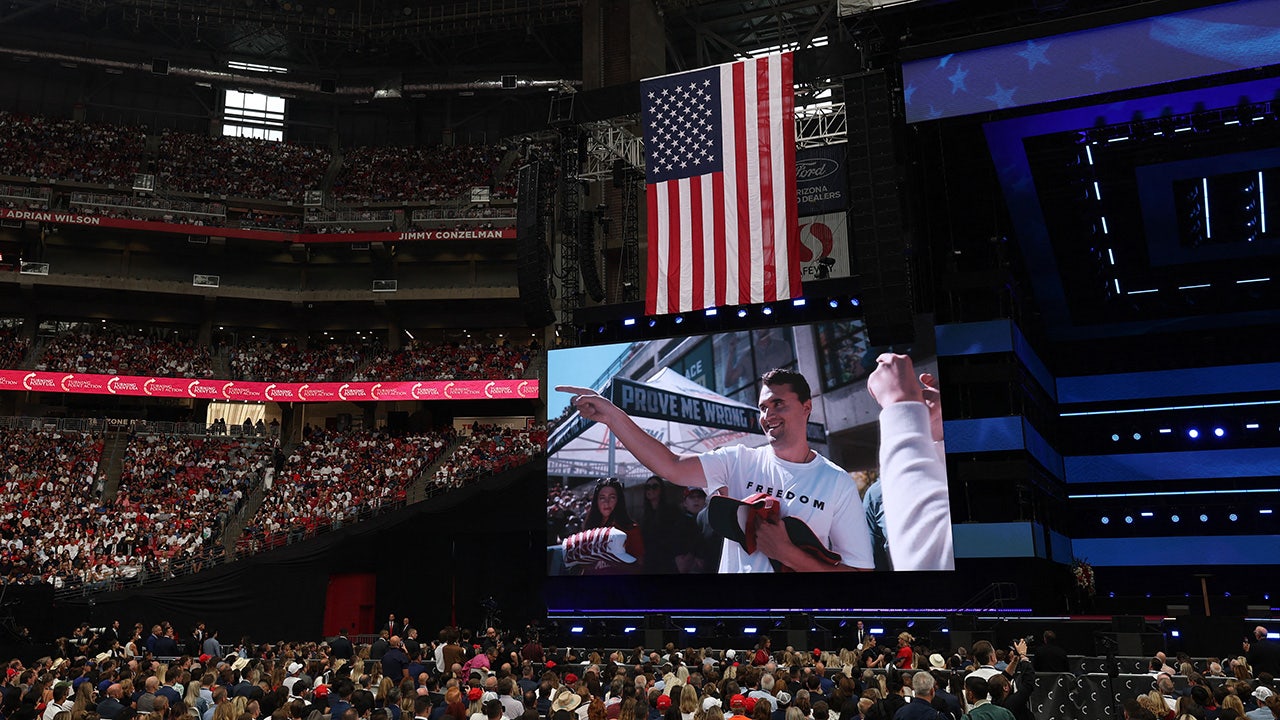With a name like “rare earths” you would think that the metals in this category would be, you know, rare.
They aren’t, though. They are actually pretty abundant and are even more so, given that we don’t use them in great quantity compared to other metals like copper, iron, or tin. What they are is difficult to refine in an environmentally sensitive manner.
That means that we outsource the job to countries that don’t care much about the environment, and that means, primarily in this case, to China.
China has a near monopoly on rare earth minerals that wind up in US products, and rare earth minerals have become an important part of the modern tech world–ironically enough, especially so for “environmentally friendly” tech like electric vehicles and “renewable energy.”
China suspends rare earth exports, kneecapping US industry reliant on Beijing’s ‘monopoly’ https://t.co/cWwGGfz8kl pic.twitter.com/FRqaskutHw
— New York Post (@nypost) April 14, 2025
We can all laugh that our NetZero environmentalists force us to rely on countries that couldn’t give a rip about the environmental damage they do to supply our increasing demand, but the reality is that rare earths are important for a range of products that we cannot do without. And due to our reliance on China as a vital link in the supply chain, rare earth supplies are one of the cards that China has to play in the trade war game that Trump is playing.
It didn’t have to be this way, and in the long run, it still doesn’t. There are plenty of sources within the United States for rare earth deposits that can be extracted and processed, but the political will to get projects off the ground has not existed.
As with all things, there are tradeoffs. There is no economical way to extract and process rare earths without actually extracting rare earths and processing them in a way that will piss some people off. Economists would call many of the costs involved ‘externalities’–real costs imposed on people or on society that are not bound up in the price of the product or its production itself.
These costs are external to the economic cost of the project itself. Things like visual blight, pollution, long-term environmental damage, noise, smells…anything that has a cost imposed on people who are not getting the benefit directly.
An authoritarian regime like China can make people swallow externalities, if not without complaint, then without recourse. That isn’t so in the United States for the most part, and as a society, we are better off for that.
But what that means is that rare earth production in the US would be much more costly than in places where that isn’t the case.
Unfortunately, our reliance on sources like China doesn’t just export the externalities that we care about on the poor people of China, it has its own cost: national security. The more things we need that come exclusively from China, the more vulnerable we are to extortion by China.
We rely on China for consumer goods, but in a war or the runup to a war, we can live with fewer sheets, t-shirts, and even consumer electronics. But we can’t build F-35s without rare earths, and we can’t keep our healthcare system running without access to pharmaceuticals. Even things as basic as antibiotics are more often than not Chinese in origin.
Over the past few years, the United States has slowly been decoupling from the Chinese economy. China has become our manufacturing center for consumer goods and some vital products we can’t live without. Since COVID, American businesses has understood that the relationship had become co-dependent, and that wasn’t good in the long run.
But the trade war going on right now with China really could hurt us. That doesn’t mean that Trump is wrong to go down this path–China keeps making noises about war with America and is clearly preparing for it–but it does mean that one of the costs of our own preparations for a potential war is taking a hit on prices and accepting the fact that we will have to bite the bullet and start mining and processing rare earths.
Will it be expensive and create external costs that taxpayers (or somebody) will have to pay? Yes, yes it will. But the alternative is swallowing a different external cost–losing our independence when challenging Chinese foreign policy. We can pay more for rare earths and accept that there will have to be mines in the US or we can sell our souls to China in exchange for cheaper goods and occasionally getting dictated to by Xi Jinping.
In other words, rare earths may not be so rare as implied, but the political courage to extract them ourselves and bear the costs of doing so has been far too rare in recent years.
Read the full article here






![NCAA Woman of the Year, Five Others Die in High-Speed New York Plane Crash [WATCH] NCAA Woman of the Year, Five Others Die in High-Speed New York Plane Crash [WATCH]](https://www.drewberquist.com/wp-content/uploads/2025/04/2025.04.14-06.41-drewberquist-67fd56f05dd6d.jpg)





